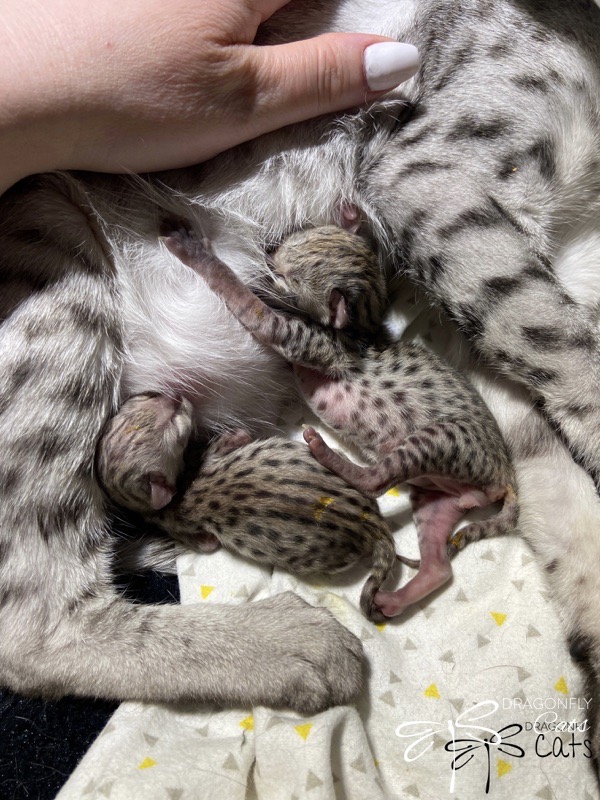
It’s essential to understand that while your veterinarian may have detected a heart murmur during your kitten’s check-up, most cases are minor and are typically classified as grade 1 or 2.
Heart murmurs can be categorized into two types: physiological and pathological.
Before you start to worry, remember that physiological murmurs are usually harmless and not indicative of heart disease; they often resolve on their own as your kitten matures, generally by its first birthday.
Many kittens experience these murmurs without any impact on their daily activities, allowing them to play, eat, and engage in their usual behaviors without any issues. Your veterinarian will monitor the murmur’s progression during future visits for exams and vaccinations.
If the murmur changes over time, a referral to a cardiologist may be necessary to determine its nature. Typically, a cardiologist will perform an ultrasound around the age of twelve months, or sooner if needed.
It’s also noteworthy that adult cats can have physiological murmurs and live long, healthy lives without concern. Please don’t worry; these murmurs are not a significant issue for your kitten.
During auscultation, veterinarians may hear unusual sounds that can exacerbate stress, environmental changes, or emotions. Therefore, you can relax knowing that everything should be fine as long as your kitten receives annual veterinary care.
Your veterinarian will continue to monitor the situation and provide guidance on any necessary steps moving forward.
Recent Comments